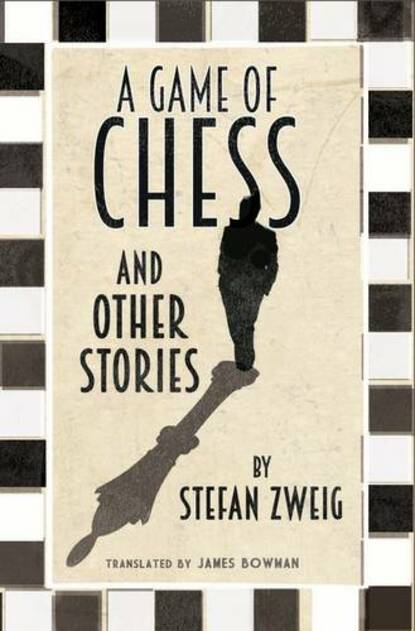

When Philipp Worm and Tobias Walker told me about their plans to make a new film version, I was delighted, read the screenplay with interest – and loved it. Zweig’s mysterious and impressive story etched itself into my memory and is one of those stories that have accompanied me in one way or another through my entire life. “I encountered The Royal Game at a very early age. Visually intoxicating.” ~ Süddeutsche Zeitung “The adaptation of Chess Story is one of the rare cases in which the film has not only managed to leave the original behind, but to surpass it. “Stölzl craftily melds the genres of period drama and psychological thriller, not for the purposes of reheated nostalgia, but to shed a cold light on the recursions of historical trauma.” ~ William Repass, Slant Magazine

Adapted with opulent attention to period detail by filmmaker and opera director Philipp Stölzl, Chess Story brings Stefan Zweig’s stirring final novella to life.Ĭhess Story opens January 20 at the Monica Film Center. But recounting his story to his fellow travelers, it’s clear that his encounters with both the Gestapo and with the royal game itself have not stopped haunting him. As the action flashes forward to a transatlantic crossing on which he is a passenger, it seems as though Bartok has finally found freedom. To withstand the torture of isolation, Bartok disappears into the world of chess, maintaining his sanity only by memorizing every move. Just as his mind is beginning to crack, Bartok happens upon a book of famous chess games. Refusing to cooperate, Bartok is locked in solitary confinement. As a former notary to the deposed Austrian aristocracy, he is told to help the local Gestapo leader gain access to their private bank accounts in order to fund the Nazi regime. Josef Bartok (Oliver Masucci) is preparing to flee to America with his wife Anna when he is arrested by the Gestapo.

Vienna, 1938: Austria is occupied by the Nazis.


 0 kommentar(er)
0 kommentar(er)
